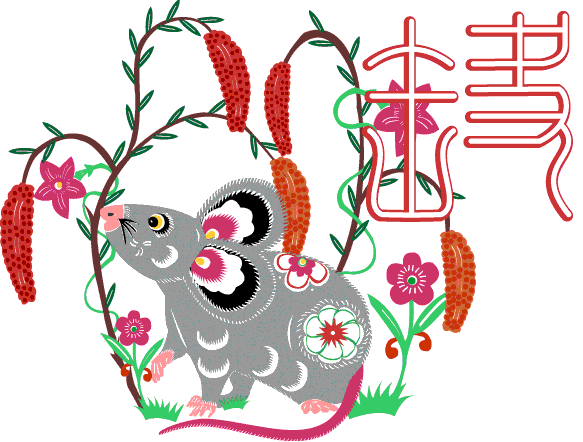"b" in Mandarin Chinese is pronounced without the vibration of the vocal cords. In other words, it is voiceless and its pronunciation is similar to p in speed in English.
However, since voiced b does not exist in Mandarin, even if it is mispronounced as a voiced consonant, it would not affect the meaning of the character represented by the pinyin.
"p" in Mandarin is pronounced with air flowing through the mouth.
"b, p, m" are the three bilabial (meaning both lips) sounds. All three have a subtle "u" imbedded when followed by o. Therefore, "bo" should be pronounced as if it were buo; “mo,” muo and “po,” puo.
bō, mó, mǒ, pò
To not pronounce the imbedded "u" in "bo, po, mo" is considered incorrect.
"n" in Mandarin is very similar to n in English. However, the tip or the blade of the tongue should touch the teeth or the upper edge of the teeth. That is, the position of the tongue is slightly different when its counterpart in English is being pronounced.
"h" in Mandarin Chinese is more pronounced than h in English, and is always pronounced with air flowing through the mouth.
"a" is pronounced with the mouth opened wide. It is similar to the pronunciation of the interjection in English ah.
hā, pá, nǎ, bà, ma
Do not confuse the pronunciation of "o" in Mandarin Chinese with the pronunciation of the letter o in the Roman alphabet. When "o" in Mandarin Chinese is pronounced, the mouth shape remains unchanged.
In pronouncing "o," the lips are rounded and the mouth is opened not quite as wide as when "a" is pronounced.
Do not confuse the pronunciation of "o" in Mandarin with the pronunciation of o in the English word such as dog in American English. O in dog is pronounced with the mouth opened wider than the "o" in Mandarin.
When "o" is following one of the three bilabial initials ("b, p, m"), it should be pronounced as if there were an "u" before it.
mō, pó, bǒ, mò
"e" in Mandarin is similar to the uh in duh in English. The lips are not rounded.
hē, hé, hè, ne, me
"i" in Mandarin is similar to the vowel in bee. The corners of the mouth tend to be pulled back.
pī, bí, nǐ, mì
When "i" is not following an initial, it is written as "yi."
"ao" is a combination of "a" and "o" with the emphasis on the "a" sound. The tone mark is placed on top of "a."
bāo, máo, pǎo, hào
Do not confuse "ao" with the vowel in English words such as how and now according to American English. "ao" in Mandarin starts with the mouth wide open to pronounce "a" and moves on to pronounce "o" with the mouth closed a little bit.
Do not confuse "en" in Mandarin with en in English words such as hen and pen.
Since "e" in Mandarin is similar to uh in English, "en" is similar (but not identical) to un in words such as hunt. However, in pronouncing "en" in Mandarin, the mouth is perhaps not as wide open as un in English.
mēn, pén, hěn, nèn



